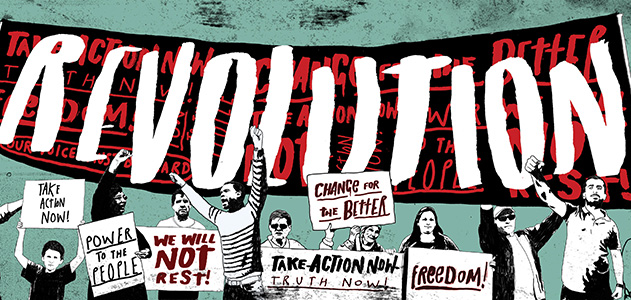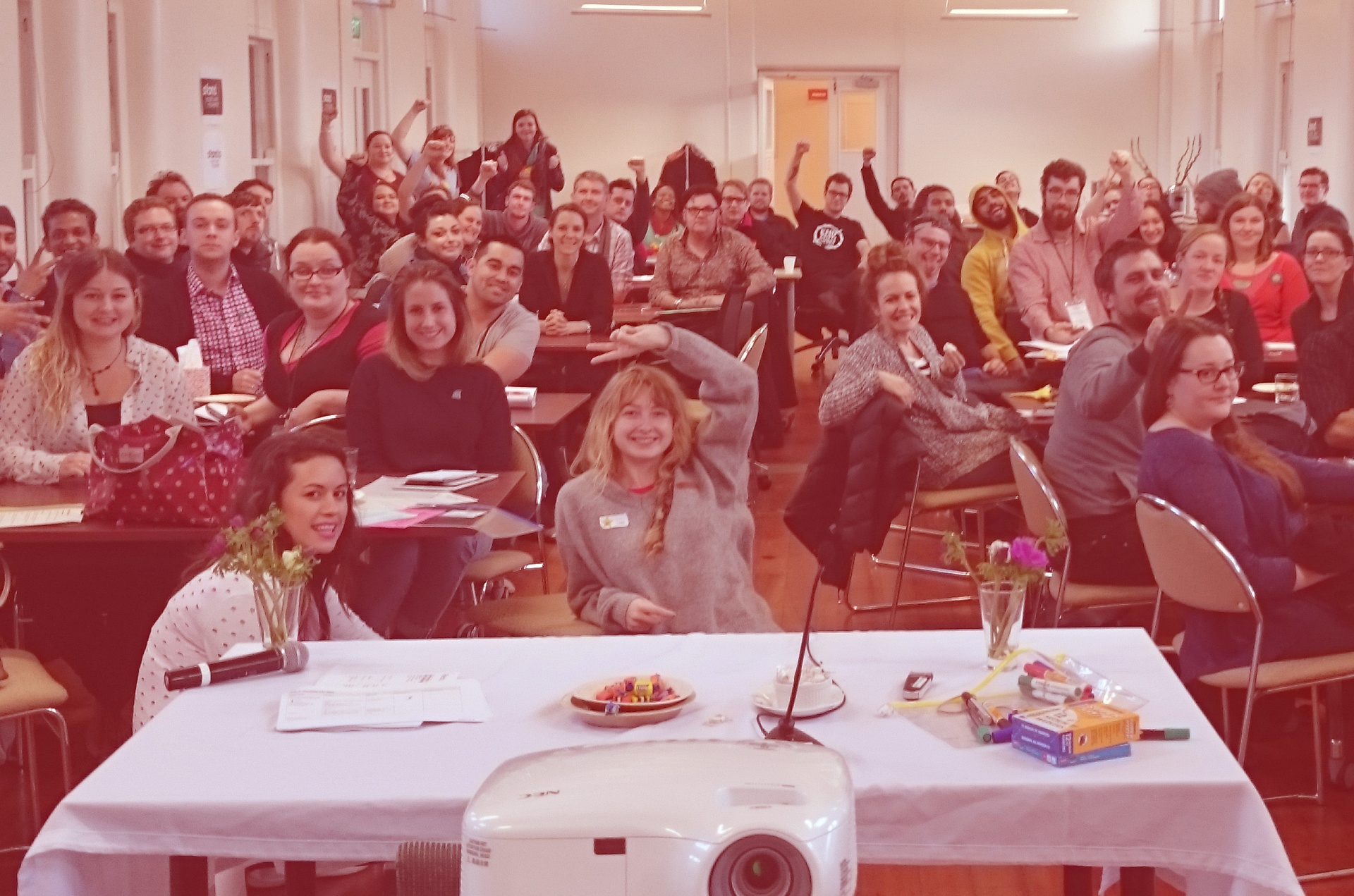
04 Oct The Workers Guide to Changing the World – The Living Wage Edition
If we union folk had our way the world would be a much fairer place. In this ongoing feature Stand Up will highlight some of the interesting social and political ideas put forward by unions, progressive thinkers, and other smart people. If there’s a concept you think we should tackle let us know at nzstandup@gmail.com.
Let’s kick things off with the living wage – an idea that has morphed into a global movement and currently one of the central campaigns in the New Zealand union movement. The core principle behind the living wage is creating a ‘wage floor’ where those with the lowest incomes still get paid enough for their work to live in relative comfort and have the capacity to be involved in society. It is not intended to be a survival wage, but a wage level that supports people to grow and be productive in our communities.
The living wage isn’t rocket science, but is intrinsically linked with economics. Critics of the living wage have tried to fob it off as unaffordable mumbo jumbo cooked up by left-wingers with a romantic view of the world who don’t understand economics. In reality however, living wage rates are determined by economists and researchers after extensive research that takes into account all the relevant variables present in the communities and countries where they are being proposed. Those variables include: family size, inflation, food and rental costs, childcare expenses, and the consumer price index, just to name a few. Of course we want employers and governments to be able to afford a living wage but instead of stalling economies, research suggests that living wages will actually stimulate them by putting more money into the pockets of those who spend every dollar they earn. Not to mention the productivity gains that flow on from having a fairly paid, and more loyal workforce.
https://gallery.mailchimp.com/87a97a845fa53173e45d78a51/images/f894002b-87fb-429a-9cd7-363ee448ccb7.jpg
In New Zealand the current living wage rate is $19.25, which is sure to increase early this year, and was developed by researchers in the social policy unit of the New Zealand Family Centre. But sadly the living wage is not recognised in a legislative sense here in Aotearoa. Some employers have adopted it, most notably Wellington City Council, but by and large it is only small community-minded organisations that are accredited living wage employers. It is a big jump to increase the current minimum wage to a living wage, and that has frightened some legislators, but it serves as an important benchmark with which we can assess that value of our pay rates in the New Zealand labour market.
Elsewhere in the world the living wage has been legislated in London, a city with twice the population of New Zealand, and a mandatory living wage will be phased in across the United Kingdom by 2020 (though this ‘living wage’ has drawn criticism for being based on median wages instead of the cost of living). It doesn’t have to be fantasy.
For more on the living wage movement see www.livingwage.org.nz


No Comments